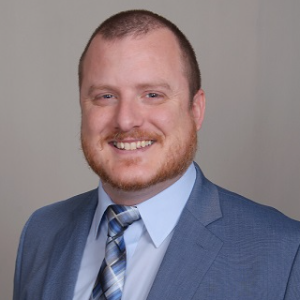Title : Increased prevalence of trauma-informed care in substance use treatment centers: Regional and payer-based differences in access
Abstract:
Therapy treatment in substance use disorder (SUD) facilities across the United States has evolved over the past decade—most notably with the advent of trauma-informed care for addiction. However, the exact prevalence and changes of trauma-informed care across SUD facilities in the U.S. has not been well-studied. Therefore, this study analyzed nationally representative data from over 87,000 SUD facilities in the National Survey of Substance Abuse Treatment Services in years 2015 through 2020. Critically, we found a statistically significant increase (z=23.02, p<.001) in the proportion of SUD facilities offering trauma-informed care from 2015 to 2020 (from 32.36% to 45.37%). In terms of regional differences, trauma-informed care was significantly more prevalent in the West (45.57%) and East (43.33%) regions compared to the South (36.31%) and Midwest (32.48%) regions. Such differences highlight the need for continued study and analysis of state-level data to identify opportunities to expand training, education, and funding for trauma informed care in SUD treatment settings. In terms of differences based on facility payer source, Indian Health Services funded facilities showed the highest prevalence of trauma-informed care (50.72%), with free facilities showing the lowest prevalence (32.75%). Military insurance-funded SUD facilities showed the 3rd lowest prevalence (39.89%) of trauma-informed care programs. This finding was concerning given the well-established connection between military-based PTSD and SUD, and suggest that additional research is needed to better understand the challenges of implementing trauma-informed care in military-funded and other federally-funded facilities. Limitations of this study include not having access to state-level data, information on the specific types of trauma treatment being provided, and inability to assess the impact of COVID-19 upon the SUD service delivery modalities. Overall, this study demonstrated that trauma-informed care appears to be gaining prevalence in SUD treatment within the U.S. Additional research is needed to better understand the challenges of implementing trauma-informed care in SUD facilities across different regions and payer sources.
Audience Take Away Notes:
- This will allow audience members to understand the prevalence of trauma-informed care in SUD facilities across the entire United States. Understanding regional and insurance-based differences will provide a basis for conducting future research and introducing public policy changes to improve access to trauma-informed care in SUD facilities.
- Faculty studying addiction, SUD, and trauma-informed care can learn from these findings and design their own research projects using the NSSATS data analyzed in the present study.
- This information will help researchers, policy makers, clinicians, and therapists to understand the status quo of trauma-informed care in SUD facilities and use their power to increase access to trauma-informed care in populations (e.g. military) who need it the most.
- Provides analysis of over 87,000 SUD facilities in the United States. This large, nationally-representative sample provides insight into the status quo of trauma-informed care in SUD facilities, as well as future directions for improving addiction treatment in these facilities.




